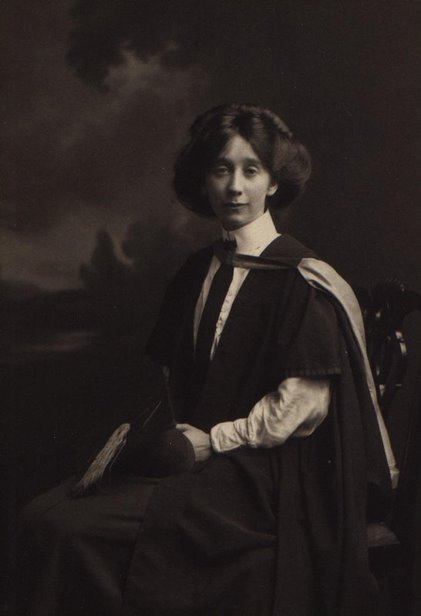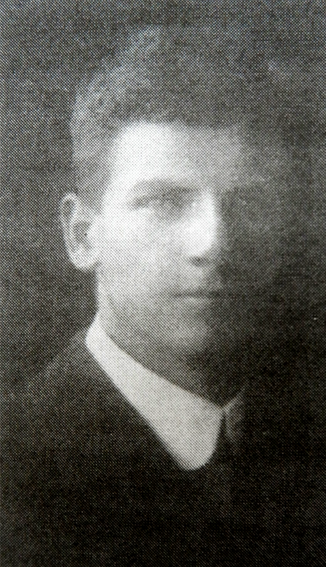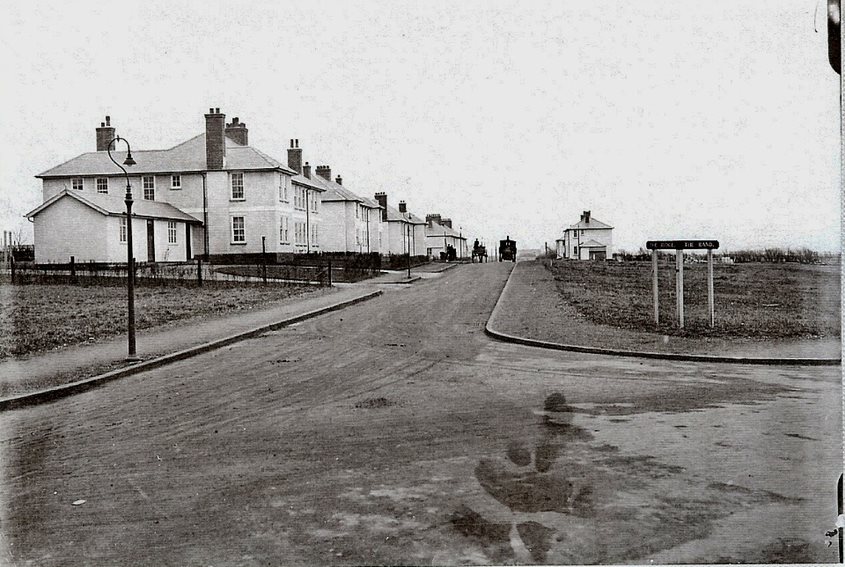
12,000 women worked at HM Factory Gretna in World War One and one of the most remarkable must have been Agnes Barr Auchenloss. National Doctor’s Day seemed like a perfect time to share her story.

Agnes Barr Auchenloss
Agnes was born on May 30th 1886 in Paisley. She graduated from the University of Glasgow with a MB_ChB in 1911. Her name appeared nine times on the prize lists and she achieved first class certificates in Anatomy and Surgery during her time at University. After graduation, she worked as a doctor then moved to South Africa. She married Gosta Lundholm in Cape Town and gave birth to their first child in 1915.

Gosta Lundholm
Gosta was a chemist and his father was an associate of Alfred Nobel. His family originated from Sweden but had lived in Scotland for many years before the War and both Gosta’s father and mother had British citizenship. Gosta studied in Edinburgh, London and Zurich before travelling to South Africa to work as a chemist with the British South African Explosive Co. Ltd at Modderfontein in the Transvaal (this factory made explosives for use in the Rand goldmines).
In June 1916, the family moved to Eastriggs so Gosta could work in HM Factory Gretna (as an explosives expert, his skills were in demand during war time).

The Ridge in Eastriggs where Agnes lived.

